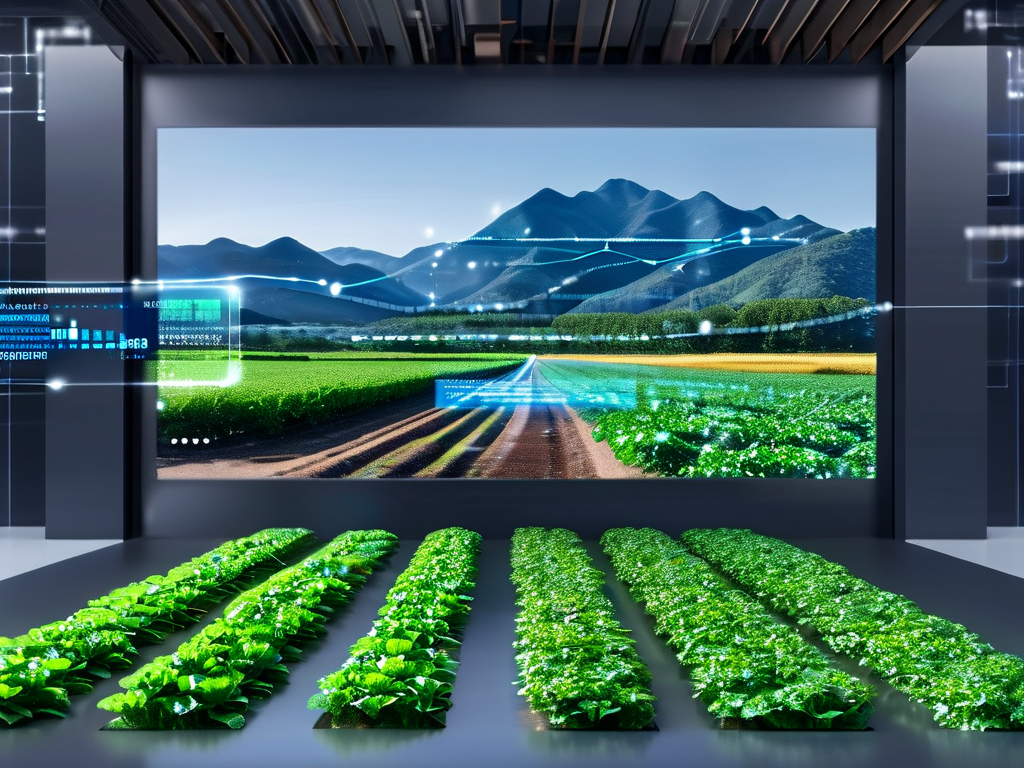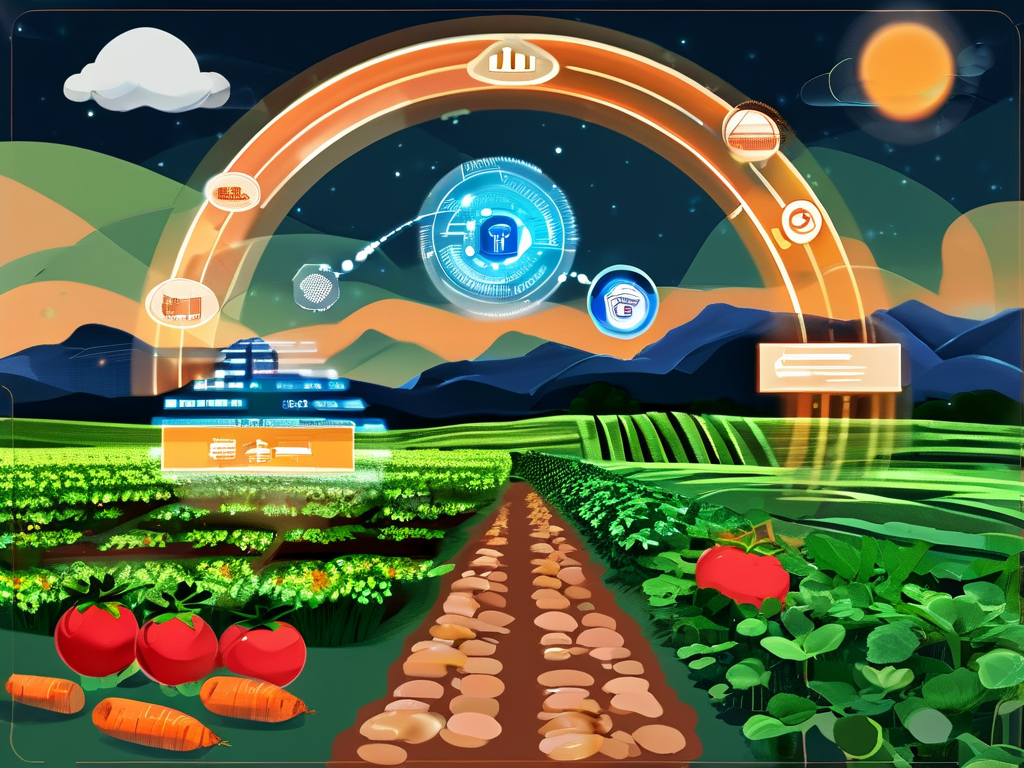In an era where consumers increasingly demand transparency in food production, blockchain technology is emerging as a transformative tool for agricultural supply chains. By integrating decentralized ledgers with real-time data capture, this innovation addresses long-standing challenges in verifying the origins and handling of farm-to-table products.
The Current Landscape of Agricultural Traceability
Traditional traceability systems rely on centralized databases and manual record-keeping, leaving room for errors, fraud, and inefficiencies. For instance, a 2021 study by the Food and Agriculture Organization (FAO) revealed that nearly 23% of global food safety incidents stem from inadequate tracking mechanisms. These gaps not only undermine consumer trust but also complicate regulatory compliance for producers.
How Blockchain Redefines Accountability
Blockchain’s immutable ledger ensures that every transaction within the supply chain—from seed planting to retail distribution—is permanently recorded and cryptographically secured. Farmers can log crop conditions and harvest dates via IoT sensors, while transporters update shipment details in real time. Each participant in the chain holds a copy of the ledger, eliminating single points of failure. A practical example is IBM’s Food Trust Network, which reduced document processing time by 85% for partnered farms by automating data validation.
Technical Implementation and Workflow
A typical blockchain-based traceability system operates through three layers:
- Data Acquisition: IoT devices and QR codes collect information at each production stage.
- Smart Contracts: Automated protocols trigger actions (e.g., payments or quality checks) when predefined conditions are met.
- Consensus Mechanisms: Nodes validate transactions to maintain network integrity.
For example, a coffee exporter in Colombia uses Hyperledger Fabric to track beans from cooperative farms to European retailers. Consumers scanning product QR codes access details like organic certification status and carbon footprint metrics.

Addressing Adoption Challenges
Despite its potential, blockchain integration faces hurdles. Small-scale farmers often lack digital infrastructure, while interoperability between disparate systems remains complex. Solutions include hybrid platforms combining private and public blockchains, as seen in Australia’s beef industry, where ranchers share selective data with regulators without exposing proprietary information.
Future Prospects and Industry Impact
The fusion of blockchain with AI and satellite imaging promises even greater precision. Predictive analytics could forecast supply chain disruptions, while tokenization might enable fair-trade incentives for ethical practices. According to Market Research Future, the agricultural blockchain market is projected to grow at a CAGR of 47.8% through 2030, signaling robust industry confidence.
Blockchain-powered traceability isn’t merely a technological upgrade—it’s a paradigm shift toward ethical consumption and operational resilience. As stakeholders collaborate to standardize frameworks and reduce implementation costs, this technology will likely become a cornerstone of sustainable agriculture, bridging the trust gap between producers and consumers.


